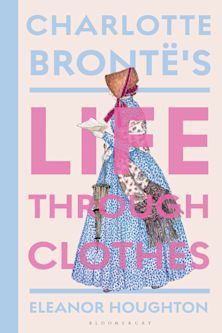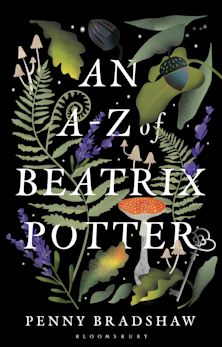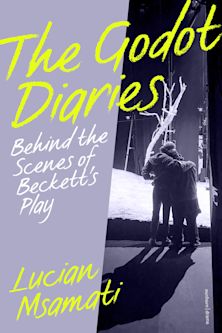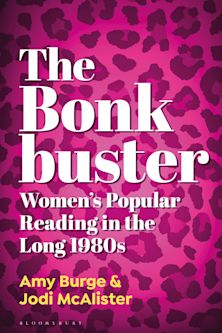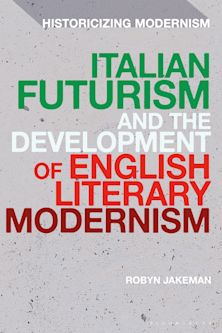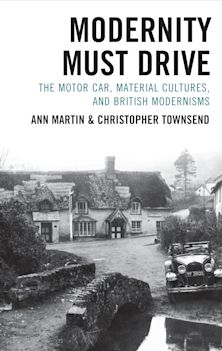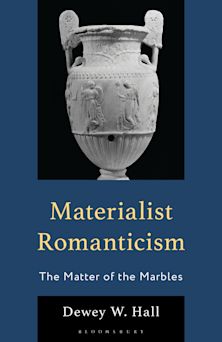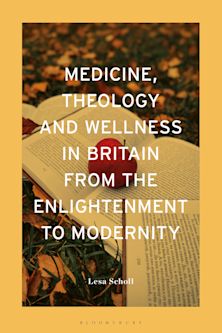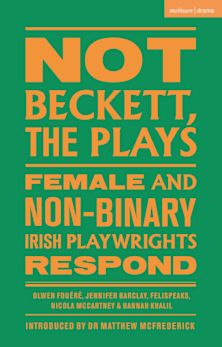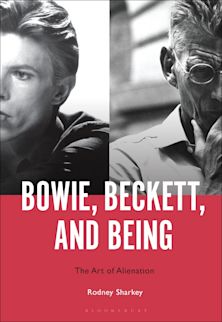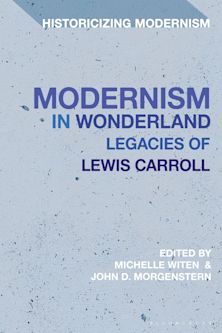The 1920s
A Decade of Modern British Fiction
The 1920s
A Decade of Modern British Fiction
This product is usually dispatched within 1 week
- Delivery and returns info
-
Free US delivery on orders $35 or over
Description
The particularity of 1920s British fiction has become obscured by an academic focus on modernism. This book takes a fresh approach to the decade by examining both canonical writers such as Virginia Woolf and E. M. Forster as well as less widely-studied writers such as A. A. Milne and Naomi Mitchison.
From the aftermath of First World War to the Great Depression of 1929, and its political consequences, the 1920s were a decade marked by radical social change. Internationally, there was an ongoing shift of global power and nationally, Britain was adjusting to the aftermath of First World War, to no longer being the dominant imperial power in the world, and to the introduction of universal male suffrage and votes for women over thirty, which was extended to those over twenty-one in 1928. This volume relates the British fiction of the decade to these contexts in order to reassess and explain trends of the period, such as war books, fantastic romance, literary modernism, and new expressions of gender and sexuality.
A major critical re-evaluation of the decade, the book covers such writers as Agatha Christie, E. M. Forster, Ethel Mannin, Somerset Maugham, R. H. Mottram, D. H. Lawrence, Wyndham Lewis, A. A. Milne, Hope Mirrlees, Naomi Mitchison, Dorothy Richardson and Virginia Woolf, among others; illustrating how their key themes and concerns fit within the social and political circumstances of the decade.
Table of Contents
Series Editors' Preface
Acknowledgements
Introduction:
Tamás Bényei (University of Debrecen, Hungary), Shene Boskani (Brunel University London, UK) and Nick Hubble (Brunel University London, UK)
1. Fairy Fruit and Creative Auto-Intoxication: The 1920s as a Decade of Fantastic Romance
Nick Hubble (Brunel University London, UK)
2. The Way Things (Still) Are: Women, Visions and Realities in the 1920s
Lesley A. Hall (University College London, UK)
3. The Shapes of Time: Novelistic Form and Decadal Time in the 1920s British Novel
Tyrus Miller (University of California, Irvine, USA)
4. The First World War in the 1920s
Andrew Frayn (Edinburgh Napier University, UK)
5. Home and Away: The Fiction of the 1920s and the British Empire
Tamás Bényei (University of Debrecen, Hungary),
6. Casting Shadows: Women, Absence, and History in the Gendered Narratives of
Naomi Mitchison
Shene Boskani (Brunel University London, UK)
7. Englishness, Modernism and Gender-The Hungarian Reception of Virginia Woolf
Nóra Séllei (University of Debrecen, Hungary)
8. Platforming the Poor in 1920s Britain: Habermas, Foucault, and the Politics of
Display
Luke Lewin Davies (University of Tromsø, Norway)
9. Animals at the Hearth: A.A. Milne, E. H. Shepard and Illustrated Fantasies of Rural
Living
Kristin Bluemel (Monmouth University, USA)
Timeline of Works
Timeline of National Events
Timeline of International Events
Biographies of Writers
Index
Product details

| Published | Aug 21 2025 |
|---|---|
| Format | Hardback |
| Edition | 1st |
| Extent | 344 |
| ISBN | 9781350433434 |
| Imprint | Bloomsbury Academic |
| Illustrations | 6 bw illus |
| Dimensions | 9 x 6 inches |
| Series | The Decades Series |
| Publisher | Bloomsbury Publishing |
Reviews

ONLINE RESOURCES
Bloomsbury Collections
This book is available on Bloomsbury Collections where your library has access.












